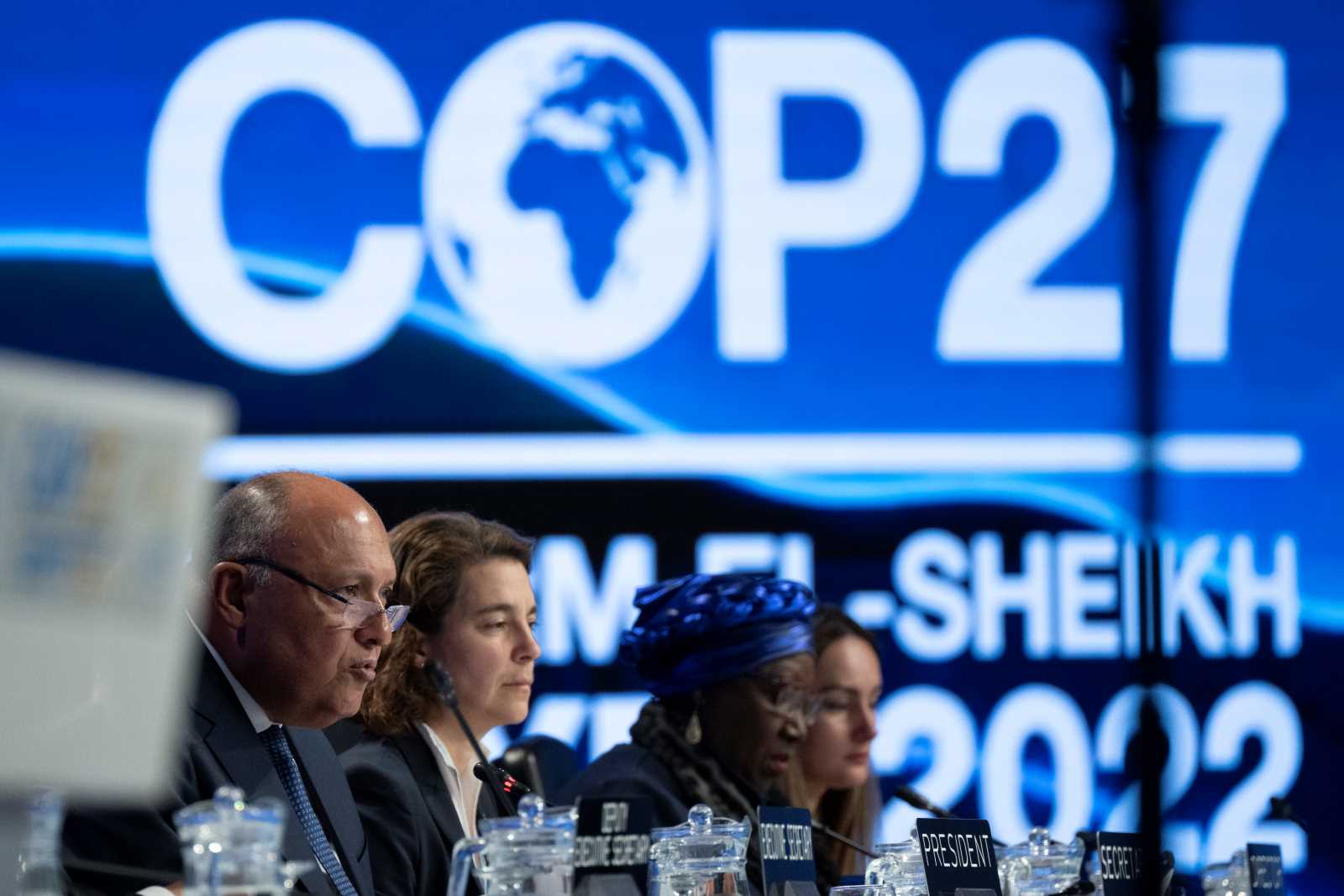Blog
Central banks should pay attention to environmental hazards

In one sense, however, climate damage in California is probably more telling than climate damage in Mozambique or Bangladesh. California is the paradigm of the American dream and of American success. Hollywood is in California, and so is Silicon Valley. This is why masses of people have migrated there in the hope of finding opportunity.
Today, however, the mood in California is gloomy. Don’t take my word for it; check out what Farhad Manjoo, a California-based journalist wrote about it in the New York Times under the headline “It’s the end of California as we know it”. If that is not convincing, you might want to read about what a doctor writes about evacuating a hospital full of patients because of an approaching wildfire, and having to ask a woman giving birth to a child whether she thinks she’ll make it in a few minutes or whether it would be safer to move her out to an ambulance.
No, this is not the kind of drama we expect to happen in one of the most advanced regions of the most powerful nation on earth. Normally, only people in less privileged areas face such existential threats and such a need to improvise. And yes, it matters that many Californians had to do without electric power recently for days on end. The utilities switched off the connections to reduce fire risks.
Trends often appear in California very early. Extreme weather is becoming more frequent. Storms, droughts and floods cause damages and increase risks of wildfires, landslides or collapsing infrastructure. All of this goes along with considerable costs. This is the new normal.
Prudent policymaking would try to reduce the risks, but as I explained last week, the economic modelling that normally guides policymaking does not take realistic account of increasing climate problems. The lack of determined action contributes to a general sense of uncertainty that makes investors shy away from long-term real-economy commitments. Other issues, including trade wars and the advent of artificial intelligence, add to the sense of uncertainty, but in my eyes the relevance of the climate crisis is vastly underestimated in this context.
The scenario is as bizarre as it is dangerous. On the one hand, policymakers systematically underestimate the risks we are facing, on the other, they tend to believe that the public is unwilling to accept any stringent policies that might reduce the risk. As a consequence, uncertainty keeps increasing, making it ever harder to calculate the probable future costs and revenues of any real-economy investment.
Left to themselves, market forces cannot sort things out. Market transactions only take into account the interests of the two parties concerned. Considerations apart from what benefits them do not figure. Side effects and costs that affect other people are not even assessed. Left to itself, the market does not pay attention to the natural environment.
Therefore, government action is needed to restore confidence. Policymakers must respond to real dangers, setting the parameters that guide markets towards sustainability. That means that they must pass laws, regulate sectors and invest in climate appropriate infrastructure. Given the urgency of global heating and currently spectacularly low interest rates, there is no serious reason why they should keep shying away from deficit spending for purposes of climate protection. Debt-financed climate protection makes sense. A balanced budget, by contrast, does nothing to reduce the serious environmental hazards we are facing.
It is peculiar, that this debate has hardly taken off. The Green New Deal that some progressive Democrats are proposing in the USA makes sense. In general, however, governments still largely shy away from the determined action needed. Some central bankers have begun discussing the topic however. It is no coincidence, of course, that some of them have also been spelling out that governments should spend more to stimulate economies in view of low interest rates and sluggish private-sector investment activity.
Christine Lagarde, the new president of the European Central Bank, has already said that she thinks that monetary policy should respond to climate risks. One option could be buying government bonds issued in order to finance climate friendly investments. What the ECB will do under her leadership remains to be seen.
Most likely, Lagarde will face opposition within the ECB system. Jens Weidmann, the president of Germany’s Bundesbank and member the ECB’s decision-making, has warned that monetary policy should not be overburdened. “Our mandate is price stability, and the implementation of our monetary policy must respect the principle of market neutrality,” Weidmann has said. “And there could be conflicting goals as soon as monetary policy dictates that you need to step on the brake and reduce the purchase of bonds.”
I’m not sure that Weidmann is really prioritising the right thing. There can be no monetary stability without environmental stability. The idea that fighting inflation will be more important than fighting climate change in the next few years is absurd. German economists have been obsessed with inflation risks for more than a decade, but actual inflation is still below the ECB target of two percent. At the same time, economies around the world are held back by investors’ deep sense of uncertainty. Climate research, however, is deeply worrisome. We reported on dramatic findings here and here and here. I could easily add more links. We do not know what the financial implications will be, but we know they will matter very much.
Inflation may actually prove quite painful in a way most German economists are not taking into account, however. If grain harvests fail simultaneously in several world regions, food prices will rise fast and dramatically. Developing countries will feel the worst pain, but the impacts may well be awful in rich countries as well. Monetary policy, however, will not be of any help.
When Lagarde took office on 1 November, environmentalists rallied in front of the ECB and demanded climate action. Many of them were teenagers. They understand that environmental sustainability is actually more important than – and a precondition of – price stability. It is true of course, that the impacts of the climate crisis are not as obvious in Europe yet as they are in California. Waiting for them to become that obvious would be irresponsible.











